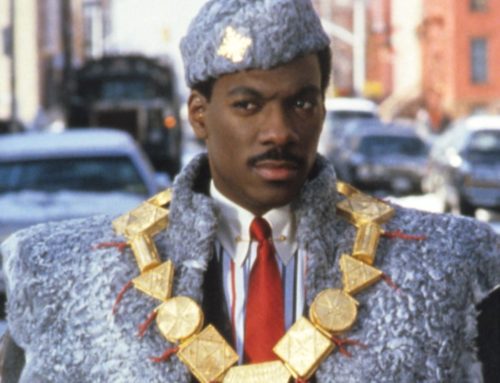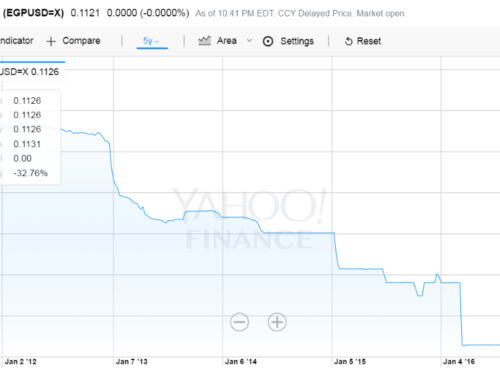Cross-posted on Foreign Policy Transitions

With her white hijab and the slight gap between her teeth, Fatma Nabil looks like my cousin. She probably looks like everybody’s cousin.
Yet after presenting the afternoon news last week, Fatma became the most recognizable face on Egyptian television: She is, after all, Egypt’s first veiled TV news anchor. Ever.
Is this a (small) revolution, as it has been painted in many — mostly foreign — media outlets? Yes, but not for the reasons most think.
Allowing Fatma Nabil on air signifies the end of a decades-long policy of discrimination againsthijabi newscasters in publicly owned broadcasting organizations, where covering one’s hair meant being banned from airtime.
This is a reversal of a long-outdated and unfair policy. At the same time, as people in Arab countries have been watching Arab TV channels for years now, the sight of a veiled newsreader is neither shocking nor unusual. This story, then, really shouldn’t have been a big deal.
In a country where nearly 90 percent of adult Muslim women wear a headscarf, it’s the banning of headscarf-wearers from television that should have been the real story, not the opposite. The ban was enforced by Mubarak’s long-serving minister of information, Safwat Al-Sharif, and has produced a number of lawsuits from women who were affected by the law. First Lady Suzanne Mubarak was notorious for her staunch anti-hijab position — which went as far as influencing the appointment of male ministers based on whether their wives were veiled or not.
When Harry Roselmack became the first black prime time evening newscaster on France’s TF1 channel in 2006, his appointment was hailed as the rectification for the country’s long-standing discrimination, creating a successful and positive role model for black youth — as well as challenging the traditional and exclusionary self-image that to be “French” is to be white.
I was reminded of this story when I first saw Fatma Nabil on TV. Her appointment to the afternoon newscast (not the more popular evening news, mind you) will, I believe, also send a positive message to millions of young women who have hit the “hijab glass ceiling” and have been discriminated against for their religious and sartorial choices.
Such discrimination is pervasive in public and private institutions. The diplomatic service is one such prestigious government body that has been known to discriminate against veiled women, both in recruitment and in foreign missions. Women who insist on wearing veils are often kept in domestic offices or are restricted to serving in Islamic countries.
The appearance of this veiled woman on Egyptian television is not a manifestation of the Muslim Brotherhood imposing its will on national television. (While the Brotherhood is indeed trying to manipulate public opinion, this particular instance is not a manifestation of such a policy. A newsreader, after all, does not control what she reads.)
If one wants to look for the Brotherhoodization of Egyptian television, look to the appointment of a Brotherhood member, Salah Abdel-Maksoud, as Minister of Information. Look at programming, at what is being allowed or censored. The issue of free media deserves our close attention — but it would be counterproductive to flag apparent false positives such as Fatma Nabil’s appointment.
I am glad for her and hope this will be the beginning of the end of a shameful policy of discrimination.



